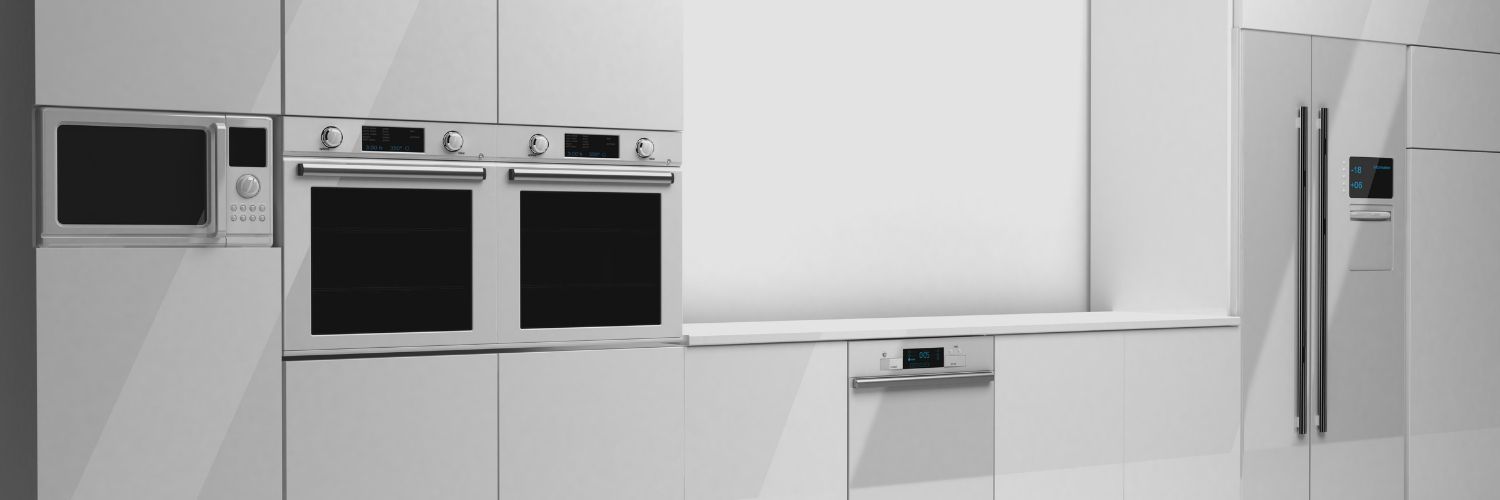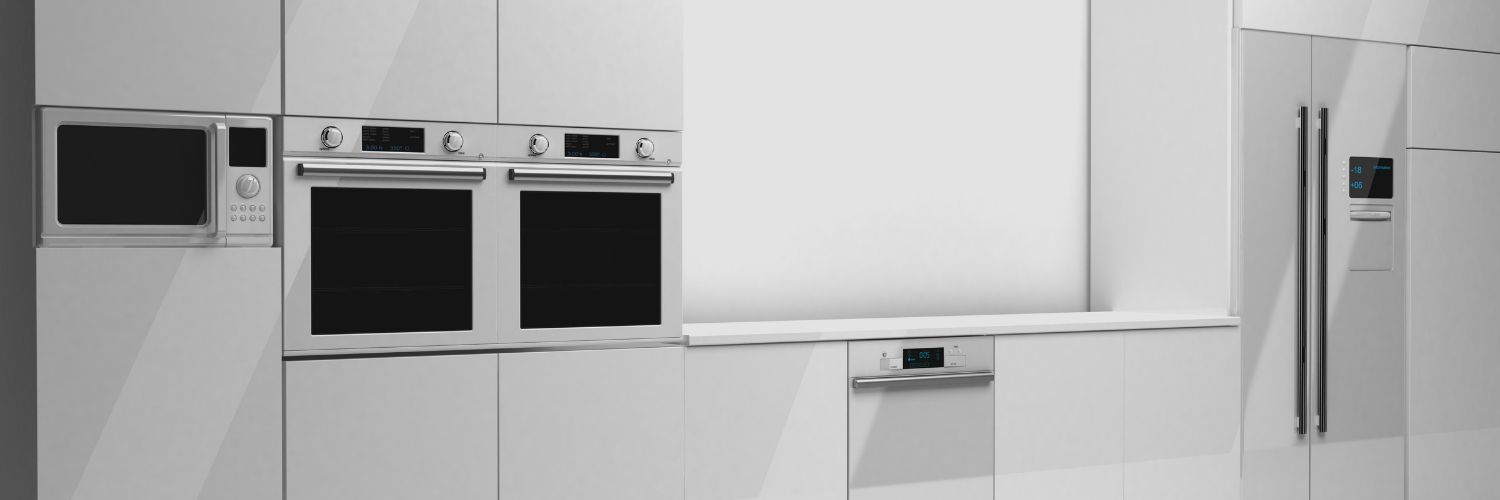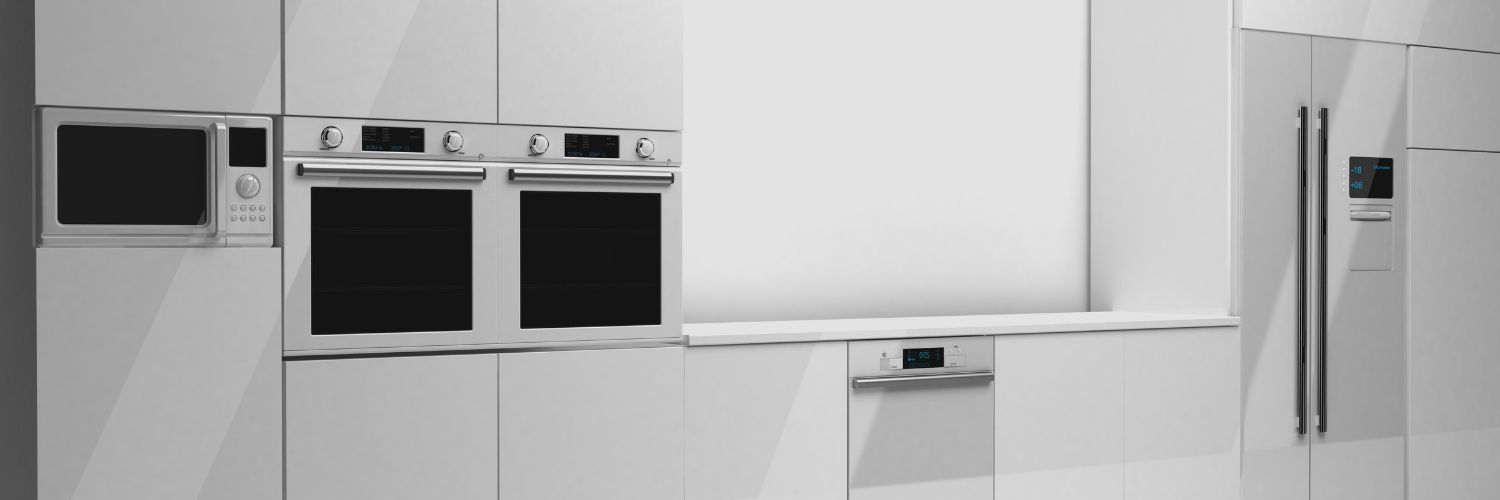Repairing vs. Replacing Appliances: Pros and Cons
When faced with a malfunctioning or aging appliance, homeowners often grapple with the decision of whether to repair the appliance or replace it altogether. Both options have their merits and drawbacks, making the decision a challenging one. In this blog post, we will delve into the pros and cons of repairing versus replacing your home appliances. By understanding the factors involved, you can make an informed choice that aligns with your budget, sustainability goals, and overall needs.

Cost Considerations
One of the primary factors influencing the decision to repair or replace an appliance is the cost. Repairing an appliance can be a more affordable option, especially for minor issues or if the repair cost is significantly lower than the cost of a replacement. However, if the repair cost is close to or exceeds the price of a new appliance, replacing it may be a more sensible choice. Consider the lifespan of the appliance as well. If the appliance is already nearing the end of its expected lifespan, investing in a repair may not be cost-effective in the long run.
Age and Condition of the Appliance
The age and overall condition of the appliance are important factors to consider when deciding between repair and replacement. If the appliance is relatively new and in good condition, a repair may be a viable option to extend its lifespan. However, if the appliance is significantly aged and has a history of frequent breakdowns, it may be more cost-effective to replace it. Older appliances are also more likely to consume more energy, leading to higher utility bills. Evaluating the appliance's age, condition, and performance can help you determine whether it's worth repairing or if a replacement is more prudent.
Energy Efficiency
Energy efficiency is a crucial consideration in today's environmentally conscious world. Newer appliances often come with advanced energy-saving features and technologies that can significantly reduce energy consumption and utility costs. If your existing appliance is outdated and energy-inefficient, replacing it with a newer model can lead to long-term savings. On the other hand, if your appliance is relatively new and already energy-efficient, a repair may be a more sustainable choice, as it reduces waste and extends the useful life of the appliance.
Reliability and Performance
The reliability and performance of the appliance play a significant role in the repair versus replace decision. If your appliance has a track record of frequent breakdowns or is no longer performing optimally, it may be more practical to invest in a replacement. Newer appliances often come with improved features, enhanced functionality, and better performance, providing you with a more reliable and convenient experience. However, if the appliance has been generally reliable and a repair can restore it to its optimal functioning, it may be worthwhile to fix the specific issue rather than replacing the entire appliance.
Technological Advancements
Technology is constantly evolving, and newer appliance models often incorporate advanced features and innovations. If you desire the latest technological advancements, such as smart capabilities, energy monitoring, or improved user interfaces, replacing your appliance may be the way to go. However, if you are satisfied with the functionality of your current appliance and it meets your needs, a repair can save you money while allowing you to continue using a familiar appliance.
Environmental Impact
Considering the environmental impact is becoming increasingly important when making consumer choices. Repairing appliances can be more sustainable as it reduces waste and the need for new manufacturing. By extending the life of your appliance through repairs, you contribute to resource conservation. On the other hand, if your appliance is highly inefficient and consumes excessive energy, replacing it with an energy-efficient model can contribute to overall energy savings and a smaller carbon footprint. Assessing the environmental implications of repair and replacement options can help you align your decision with your sustainability goals.
Conclusion
The decision to repair or replace your home appliances requires careful consideration of factors such as cost, age, condition, energy efficiency, reliability, technological advancements, and environmental impact. There is no one-size-fits-all answer, as each situation is unique. By weighing the pros and cons of repairing versus replacing, you can make an informed decision that best suits your needs, budget, and sustainability objectives. Remember, it's essential to strike a balance between economic practicality, appliance performance, and environmental responsibility when making this important choice.


